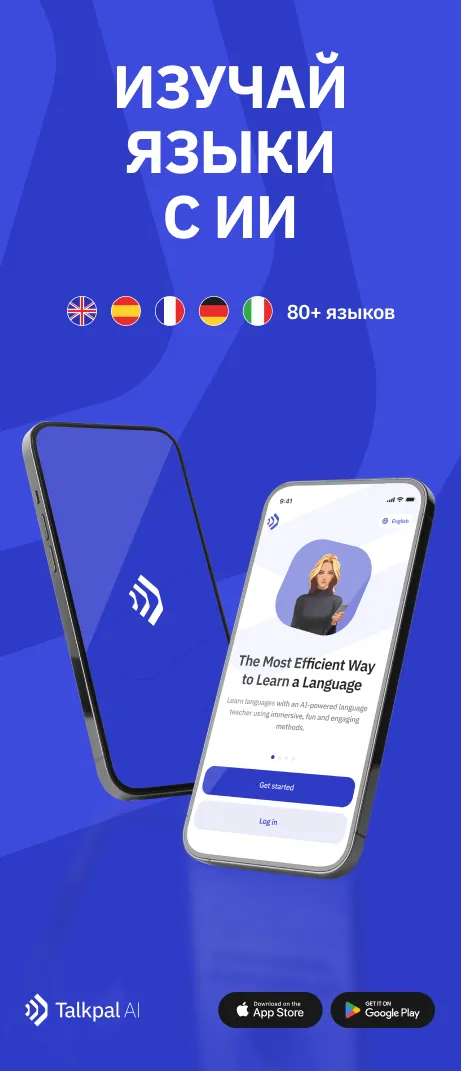Для закрепления знаний о условных союзах, предлагаем вам выполнить следующие упражнения. Они помогут лучше понять, как формируются условные предложения в английском языке, и отработать использование различных типов условных конструкций. Впишите недостающие союзы в предложениях, ориентируясь на ключевые слова в скобках.
Упражнение 1: Условные союзы (0 тип и 1 тип)
If you heat ice, it *melts* (if).
You can call me *if* (whenever) you need help.
If it *rains* (suppose), we will stay inside.
She will be happy *if* (condition) you come to her party.
*Unless* (exception) you run faster, you won’t catch the bus.
Turn off the lights if you *are* (state) the last one to leave the room.
If they *offer* (hypothetical) you a job, will you accept it?
I’ll go to the beach if it *doesn’t* (negation) rain tomorrow.
You won’t pass the exam *unless* (only if) you study harder.
If he *reads* (action) the instructions carefully, he will understand.
*Provided* (on condition that) that you finish your homework, you can watch TV.
If you don’t hurry, you *will* (result) miss the train.
We will go on a picnic if the weather *is* (state) nice this weekend.
If she *has* (possession) enough money, she will buy a new dress.
You can borrow my car *as long as* (only if) you drive carefully.
Упражнение 2: Условные союзы (2 и 3 тип)
If I *had* (if past) known you were coming, I would have baked a cake.
You would have found the place if you *had* (past perfect) followed the map.
If she *had studied* (past action) harder, she would have passed the exam.
If he *were* (hypothesis) more attentive, he wouldn’t make so many mistakes.
I would help you if I *could* (ability).
If we *had taken* (prior action) the earlier train, we wouldn’t be late.
She wouldn’t be tired if she *hadn’t stayed* (past negative) up late.
What would you do if you *won* (chance) the lottery?
If I *were* (impossible condition) you, I would apologize to her.
If you *had listened* (advice in the past) to my advice, you would be better off now.
He could repair his car if he *had* (requirement) the right tools.
If they *paid* (hypothetical condition) more attention in class, they would understand the material better.
I would travel the world if I *were* (wish) rich.
If you *had left* (condition in the past) earlier, you would have avoided the traffic.
She would have believed you if you *hadn’t lied* (truth) to her before.










